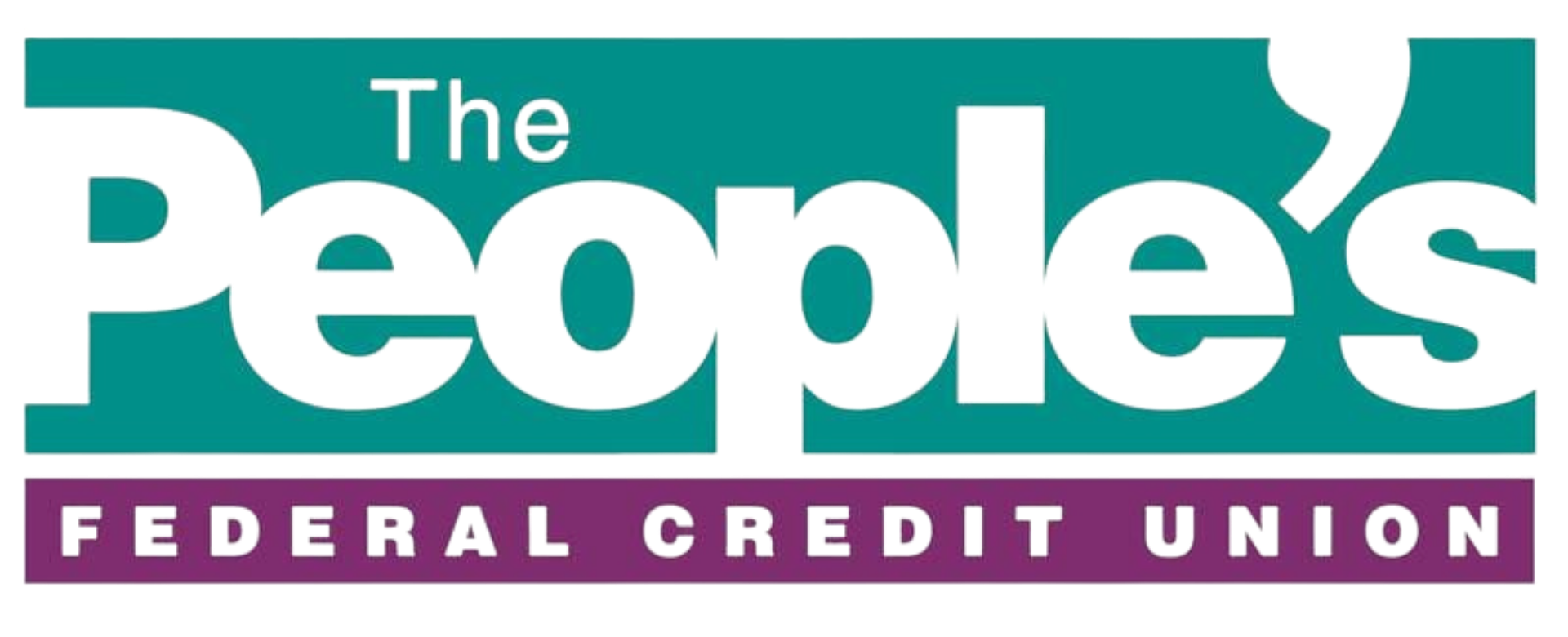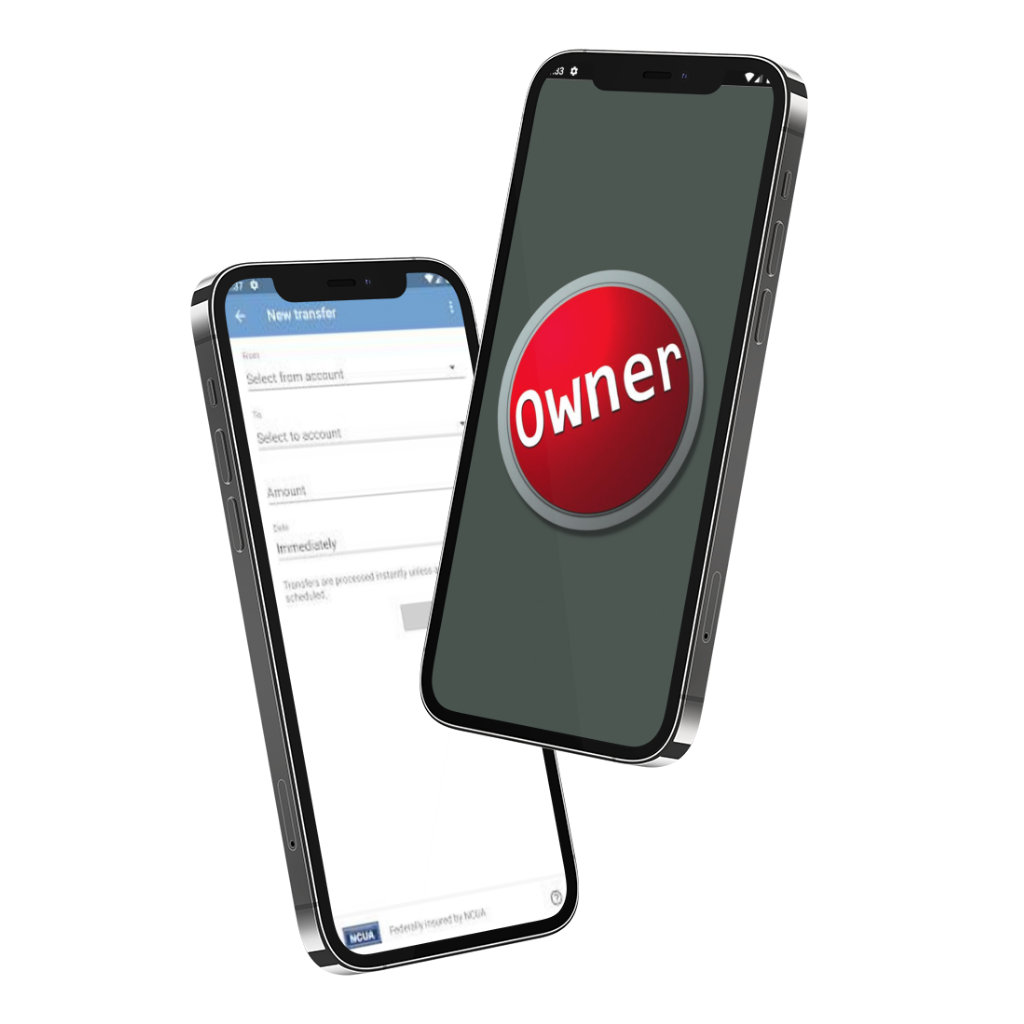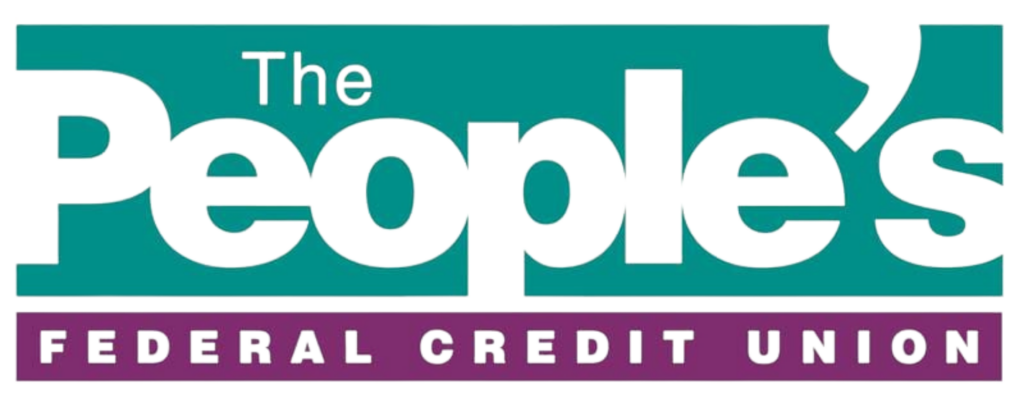There’s a good chance you’ve come across the term debt settlement if you, or someone you know, is struggling financially and trying to figure out the best way to get out of debt.
Negotiating a debt settlement is the process whereby a creditor agrees to accept a lesser amount of a debt that is owed. This may be an option available to consumers who cannot afford to repay their debt in full and provides short-term financial relief to the borrower. However, settling a debt can also have negative consequences for your credit score.
When a debt is settled for less than the full amount, it may be reported as “settled” or “charged off” on the borrower’s credit report. This can be viewed negatively by lenders and result in the borrower’s credit scores being lowered, as it indicates a failure to repay the full amount that is owed. So although this provides temporary relief, it will have long-term implications on your credit history, as the effects of this arrangement remain on your credit report for up to seven years.
What Is Debt Settlement?
Typically, when a borrower enters into a credit agreement with a creditor, the parties involved are solely the creditor and the borrower. In the event of the borrower’s circumstances changing to the extent that they are unable to fulfill the terms of their original loan agreement, a third-party company can assist the borrower. This is where debt settlement comes in.
The third-party company will negotiate with your creditors or debt collectors on your behalf so that you pay a portion of the amount of debt you owe, in exchange for the lender forgiving the remaining balance. This settlement can be a viable option for those struggling with unmanageable debt, as the settlement amount will be lower than the original outstanding amount due.
Most debt settlement companies will request that you stop making payments to your creditors and instead make payments to a designated account number they provide you with. This account will be used to negotiate a lump sum payment with your creditors. However, this may be requested before the debt settlement company has begun negotiations on your behalf, meaning that your account reflects as unpaid with your creditor in the interim and possibly affects your credit score even further.
It’s important to understand the potential consequences of stopping payments or not communicating with your creditors throughout the debt settlement process. Should your creditor not know you are in the process of debt settlement, stopping payments could lead to your accounts being turned over to a collections agency and missed payments may continue to be reported to credit bureaus. This could severely damage your credit score and hinder your ability to obtain credit in the future.
Keep in mind that the debt settlement process can take time and patience, so it’s important to have realistic expectations and stay committed to the process while also ensuring you can keep up with these payments until the settlement amount is paid in full.
The Pros and Cons of Settling a Debt
If you are considering settling a debt, it’s important to do your research and understand the potential risks and rewards before making a decision.
Debt settlement is a viable option for those who cannot afford to pay their debts in full and wish to avoid bankruptcy and legal action. Settling a debt can provide a sense of relief and freedom from financial stress. It can also help repair damaged relationships with creditors and prevent collection calls.
One key benefit of debt settlement is the potential to negotiate a reduced amount of debt owed with creditors, resulting in borrowers saving money in the long run.
However, there are major consequences to consider before proceeding with debt settlement:
- Settling a debt hurts your credit record, with the potential of lowering your credit score by more than 100 points. This impact will reflect on your credit report for up to seven years, possibly making it difficult to secure loans or obtain credit in the future.
- Debt settlement companies may also charge high fees or even end up charging the percentage of forgiven debt as their fee, further adding to your financial burden.
- Settling a debt does not guarantee that the creditor will stop reporting the account as delinquent, which can continue to negatively impact your credit score or lead to legal problems if not handled correctly.
- The forgiven debt amount could be considered taxable income, causing unnecessary tax implications.
- Not all debts can be settled. For example, debts that have been turned over to a collections agency or debts that are in default may not be considered for debt settlement.
It is important to consult with an experienced credit advisor, such as The People’s Federal Credit Union, before initiating a debt settlement so you can weigh out the pros and cons and how a settlement may affect your credit health in the future.
How Does Debt Settlement Affect Your Credit Score?
The most widely used method of evaluating credit scores is the FICO score method. Your FICO score is a reflection of your ability to manage debt responsibly.
If you choose to settle your debts, you will have to bargain with your creditors to have them forgive some, or all, of the debt. This in turn sends a message to creditors that you are unable to handle debt responsibly, which could lower your credit score. These changes stay on your credit report for up to seven years, making it more difficult to get credit in the future.
It would be wise to explore other options such as negotiating payment plans or seeking the help of a reputable credit counseling agency before considering debt settlement.
Which Factors Determine How Much a Credit Score May Drop from Settling a Debt?
The factors used to determine how much a person’s credit score may drop after settling a debt generally include:
- The type of debt
- The amount settled
- The individual’s overall credit history
- The age of the debt
- The number of missed payments
However, these factors vary and are dependent on each individual’s circumstances and their creditor’s policies.
When determining your creditworthiness, one of the main factors the lender looks at is their payment history. Missed payments can have a negative impact on your credit score, especially if debt settlement companies have asked you to stop making payments to your creditors before they start negotiating with them. This might be interpreted as an admission of financial difficulty or an inability to fully repay debt and further lower your credit score.
Can Settling Debts Improve Your Credit Score?
While there may be a temporary drop in credit scores due to negotiations and missed payments, paying off debts in full or settling them can have a positive effect on credit scores in the long run.
Settling debts is a better option than defaulting on credit terms and can, therefore, positively impact credit scores compared to not paying at all. While defaulting on debt can lead to collections and legal actions, settling debt shows an effort to repay and can improve creditworthiness in the long term. Additionally, settling a debt can prevent the debt from accumulating additional interest and fees, potentially saving you money in the future.
Tips for Managing Debt Without Damaging Creditworthiness
When taking out a loan, it is important to carefully consider your ability to repay it and avoid taking on too much debt. Here are some tips to help you manage your debts without damaging your creditworthiness:
- Create a budget and prioritize debt payments.
- Pay your bills on time.
- Keep credit card balances low.
- Focus on paying off debts with high-interest rates first to minimize your overall debt.
- Negotiate payment plans so that missed payments don’t negatively affect credit scores.
- Communicate with creditors and seek professional help if necessary to work out a manageable payment plan.
By taking these steps, you can maintain your creditworthiness while still effectively managing your debts.
How TPFCU Can Help

If you are struggling with debt, it’s important to seek advice from professionals who can help guide you through the process of settling your debts.
The People’s Federal Credit Union, based in Amarillo, Texas, can provide you with educational resources, personalized advice, and counseling services, as well as debt management programs to help you make informed financial decisions, improve your credit score in the long run, and help you regain control of your finances.
Use The People’s Federal Credit Union when settling your debts with lower interest rates and more personalized service than traditional banks!








